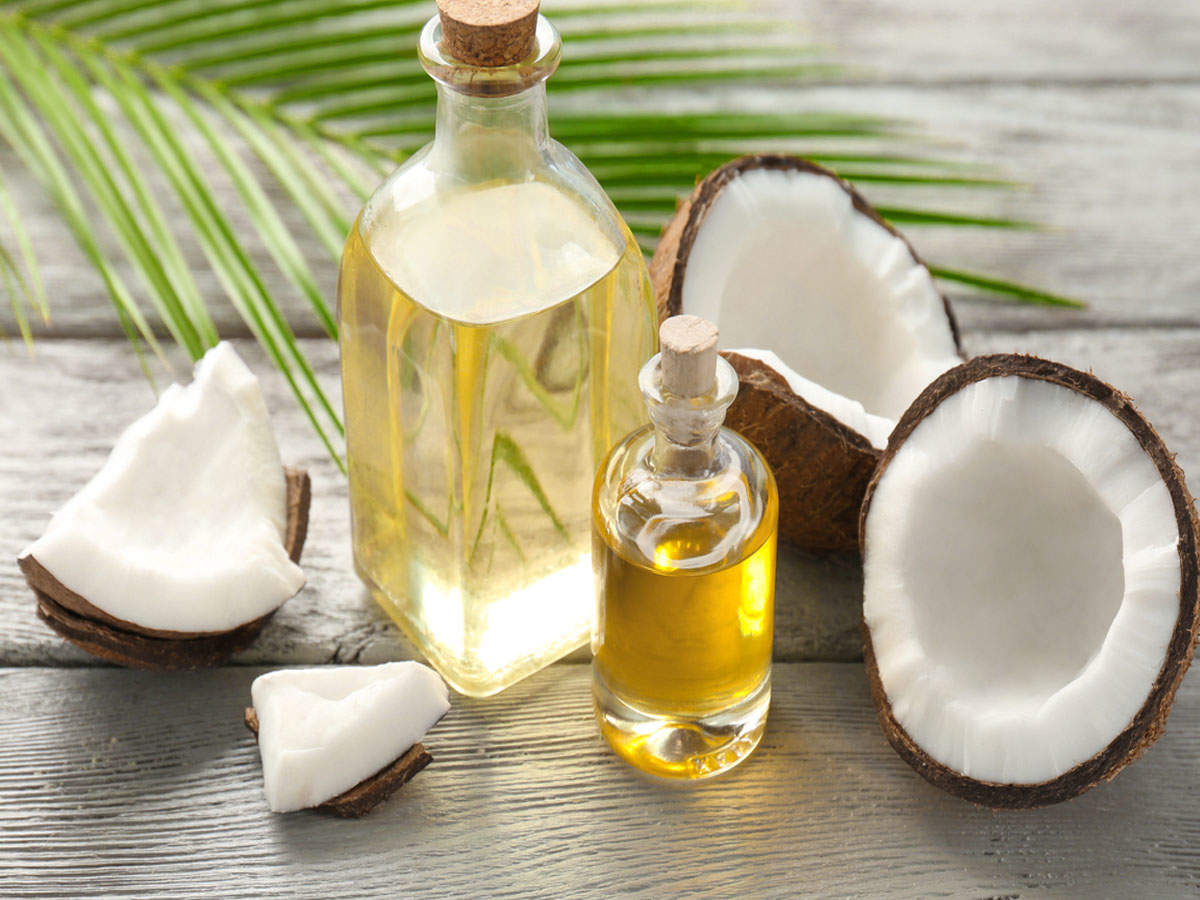Coconut oil helps to minimize the breakouts of acne and also keeps the pores dirt-free. Coconut oil is known to be one of the most famous organic products in the world, not only for its amazing health benefits but also as a skin beautifier.
There are people who for ages have been enjoying the amazing health benefits of coconut oil. Their health has always been in good shape and their skin, a mirror of beauty.
These people are particularly found in the Southern Pacific and other isolated islands where coconut is mainly grown.
However, owing to scientific research and personal experiences, that which used to be enjoyed by only a few set of people is now being accepted and appreciated around the world.
Known to contain properties that feed and moisturize the skin, coconut oil is arguably the best skin softener that helps deal with dry and hard skin conditions.
A simple rub of coconut oil on your face, hands, and other parts of the body is enough to give your body the needed moisturizing smoothness.
Read on to find out some of the amazing benefits of using coconut oil on your skin.
1. Coconut oil condition and soothes the skin
Coconut oil is a very good agent of skin conditioner. It absorbs into the skin quickly and leaves it silky and smooth. Applying a small amount to your face and body every morning and night after a shower performs the magic with ease.
2. Coconut oil cleanses and tones the skin
Unlike most laboratory products, coconut oil does not only moisturize the skin, but it also cleanses it.
As a matter of fact, users of coconut oil need not have a cabinet of cosmetics because coconut oil is an all-in-one product.
Beauticians have even gone further to say that coconut oil is a fantastic makeup remover – and even works on waterproof mascara.
All you need do is to put a few drops on a cotton ball and gently wipe your eyes and the rest of your face to remove makeup.
And guess what? The coconut oil will leave the skin hydrated and soft.
3. Coconut oil reduces acne
Coconut oil is an anti-bacterial and anti-inflammatory natural product. And this is because of the fatty acid content in it.
However, coconut oil helps to minimize the breakouts of acne and also keeps the pores dirt-free. It also soothes inflammation that often accompanies severe acne, and helps to alleviate the red dry skin that acne can cause.
4. Coconut oil can be used as a sunscreen
It can be argued that sunscreen is the difference between people with good skin and those with not-so-good skin.
Interestingly, this is where coconut oil comes in.
Unarguably, there are various types of sunscreen products that are available to buyers.
But considering the fact these numerous sunscreen products have gone through a lot of chemicalize processes, it is, therefore, advisable to opt for virgin coconut oil that comes with no chemicals.
All you need to do is simply apply a thin layer of oil on your skin before you head out.
Studies on people with dry skin have affirmed the effectiveness of coconut oil as a moisturizer as further studies have indicated the efficiency of coconut oil in offering protection from harmful UV rays.
Though coconut oil can provide an SPF of about 8 (which is not very high in terms of offering sun protection), it can still be used since it hydrates the skin, making it less prone to burning.
5. Coconut oil helps to prevent premature aging
Studies have shown that the cause of premature aging of the skin is a result of oxidative stress due to UV rays, environmental pollution.
Also included in the causes of early aging are injuries caused to the skin by rough handling and the use of harsh chemicals.
Coconut oil, on the other hand, can help prevent premature aging in several ways. It is gentle on the skin as a moisturizer and exfoliates without abrading the skin.
It acts as a physical barrier to dust and other environmental pollutants when applied in thin layers as well as reducing oxidative damage as a result of its antioxidant reaction.













